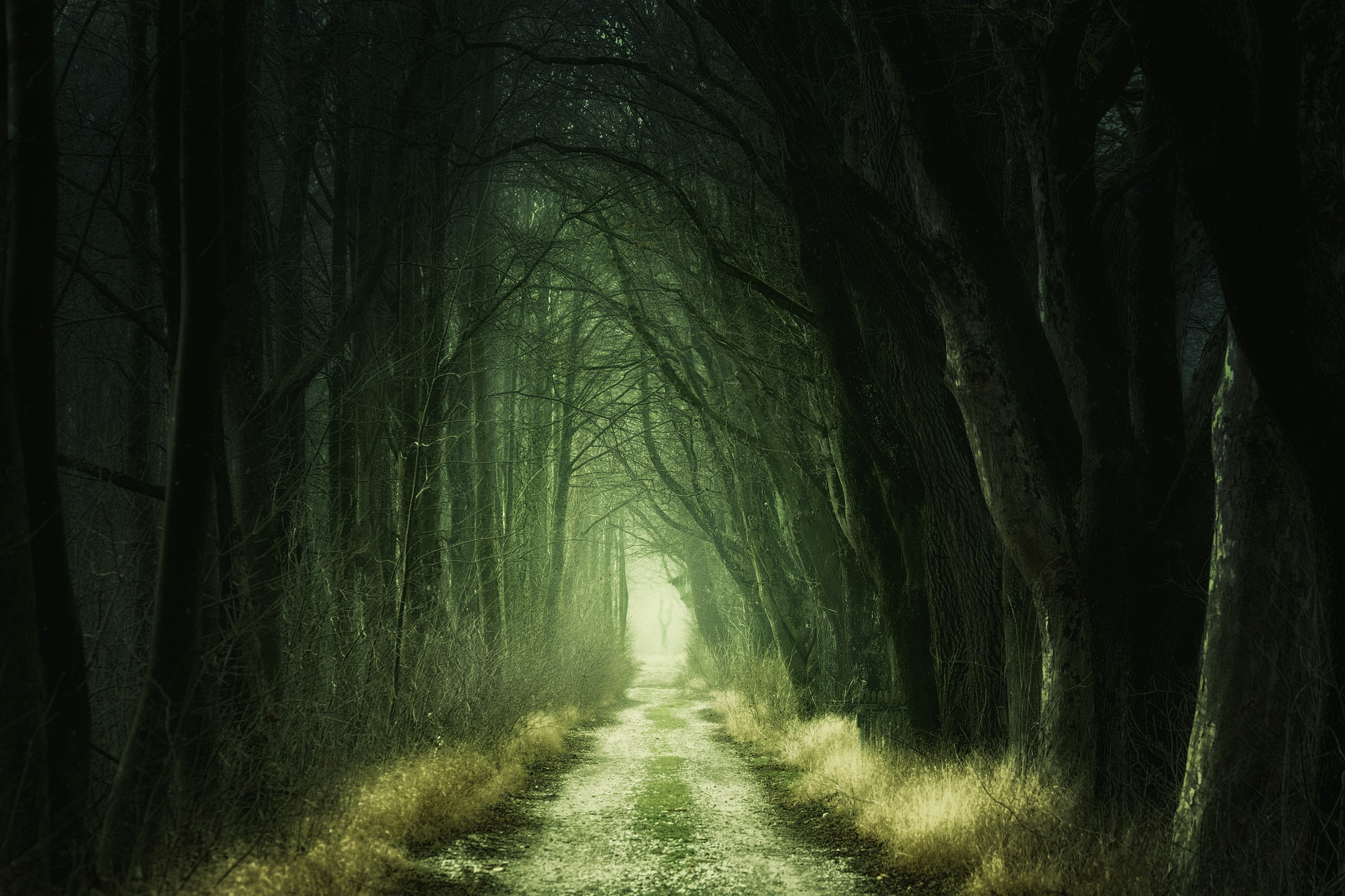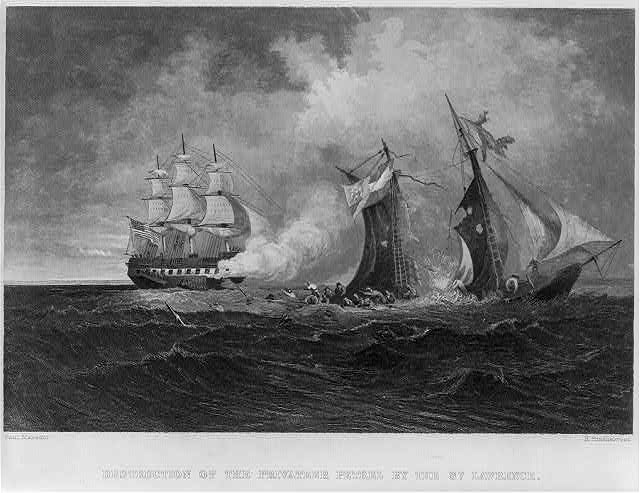-
My Writing Style

For as long as I’ve been submitting my work for peer review — both through writers’ forums and as part of creative writing classes — I’ve encountered two main types of helpful critique. One type are people pointing out legitimate problems with the draft. The second type are insistences where the critiquer disagrees with the…
-
How Do I…? Thoughts

It’s been a while since I’ve written one of these craft posts. This time, I want answer a question I’ve encountered numerous times. How do you format a characters’ thoughts? How do you incorporate them into your story?
-
The Writer’s Mindset

Weeks ago, I was doing some housekeeping on my computer — cleaning out old files, archiving things on an external hard drive, those sorts of things. In the process, I came across the fragments of a project that I had planned to help me in my day job. It’s a project that will never come…
-
Stop Trying to be Unique

Everyone wants to be special. We believe that, if we’re special, then no one can replace us. If we become irreplaceable, then we’re guaranteed love and acceptance — or at least sympathy and attention.
-
Using Random Word Generators

I’ve written a fair bit on the theory behind conscious inspiration and the differences between it and the unconscious inspiration most of us are familiar with. I’ve yet to talk about what this conscious process actually looks like. Today, I aim to finally tackle that aspect by demonstrating how I come up with writing prompts
-
Creating a Stable Connection to Your Imagination

I mention Christopher Vogler so often on this blog, it’s become a running joke at this point. Though I’d be remiss if I didn’t mention the two men who influenced Vogler’s work. The most obvious is Joseph Campbell, specifically his book The Hero with a Thousand Faces. A subtle influence in Campbell’s work — one
-
What Critique to Ignore

I discovered the YouTube channel Psych2Go last year and have enjoyed several of their videos. One I keep circling back to is “7 Things You Should Never Apologize For.” The last time I watched it, I noticed how two of the things on their list were particularly relevant for writers: You should never apologize for
-
What Happens When There’s No Conflict?

An important lesson that I learned in my college philosophy classes was the value of indirect proof. Part 1 of this two-parter is what most people think of when you mention logical arguments and proofs: speculating what could be if a particular thing existed or reasoning out the consequences of something being true. However, in…
-
Why Conflict is Necessary

Two years ago, I wrote a post where I asserted that every story must have a conflict. What I didn’t expand on then is why this is the case. That’s what I’m going to address today. This is one of my more philosophical posts, so grab a drink and get comfy. And though you and…
-
The Virtues of a Functional Story

The reason a lot of beginning writers start learning how to write creatively is they have one amazing idea for a story. They imagine the twists and turns the plot will take the reader down, the surprise ending she never saw coming, with totally unique characters and setting. The writer is sure that it’ll be